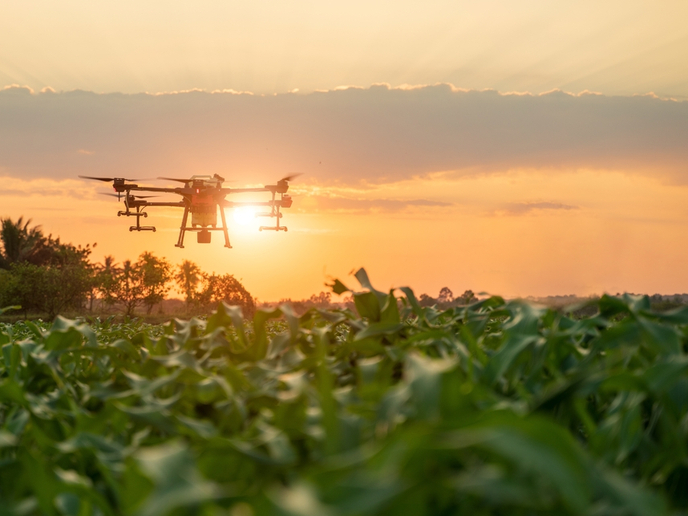Long-distance learning for remote areas
An EU-funded project set out to develop an integrated system for tele-education applications that integrate broadband terrestrial networks with satellite broadband technologies. The BASE2 project, completed in 2008, aimed to deliver educational services to remote areas in Greece and Cyprus. It also sought to underline the importance of space technology in supporting key EU policies such as distance learning. A comprehensive system was developed through converging and making compatible different networks and broadband terrestrial networks. This created a backbone of satellite systems to which terrestrial networks can connect, in order to create seamless network infrastructure. Although the project focused on delivering educational services, the infrastructure can also potentially be used for other purposes, such as telemedicine or access to knowledge databases for isolated areas. This integrated end-to-end system was then implemented to provide tele-education services to remote rural areas and maritime users. For example, European farmers in remote areas often produce specialised products of designated origin, but could benefit from more knowledge of how to market them to other European regions. This project is therefore playing a crucial role in spreading e-learning and promoting computer literacy in remote and sea-borne communities, such as those employed on long voyages. BASE2's platform was tested and validated. The quality of the content was evaluated and users' opinions were taken into account. Many who were unfamiliar with technology reported that the system was easy to use. It is expected that the project's results will be adopted and exploited in order to provide a wider range of services to a larger number of remote regions.







